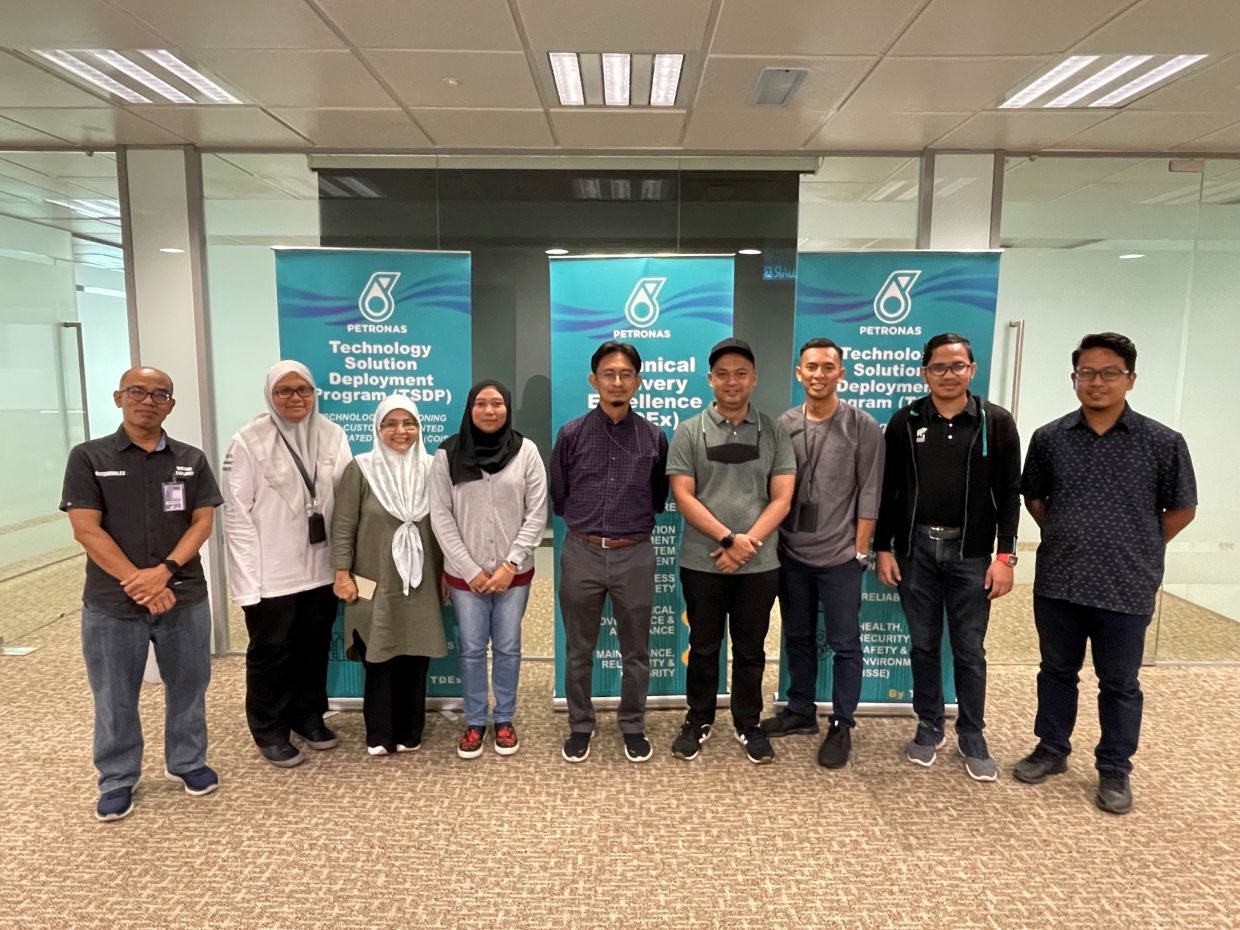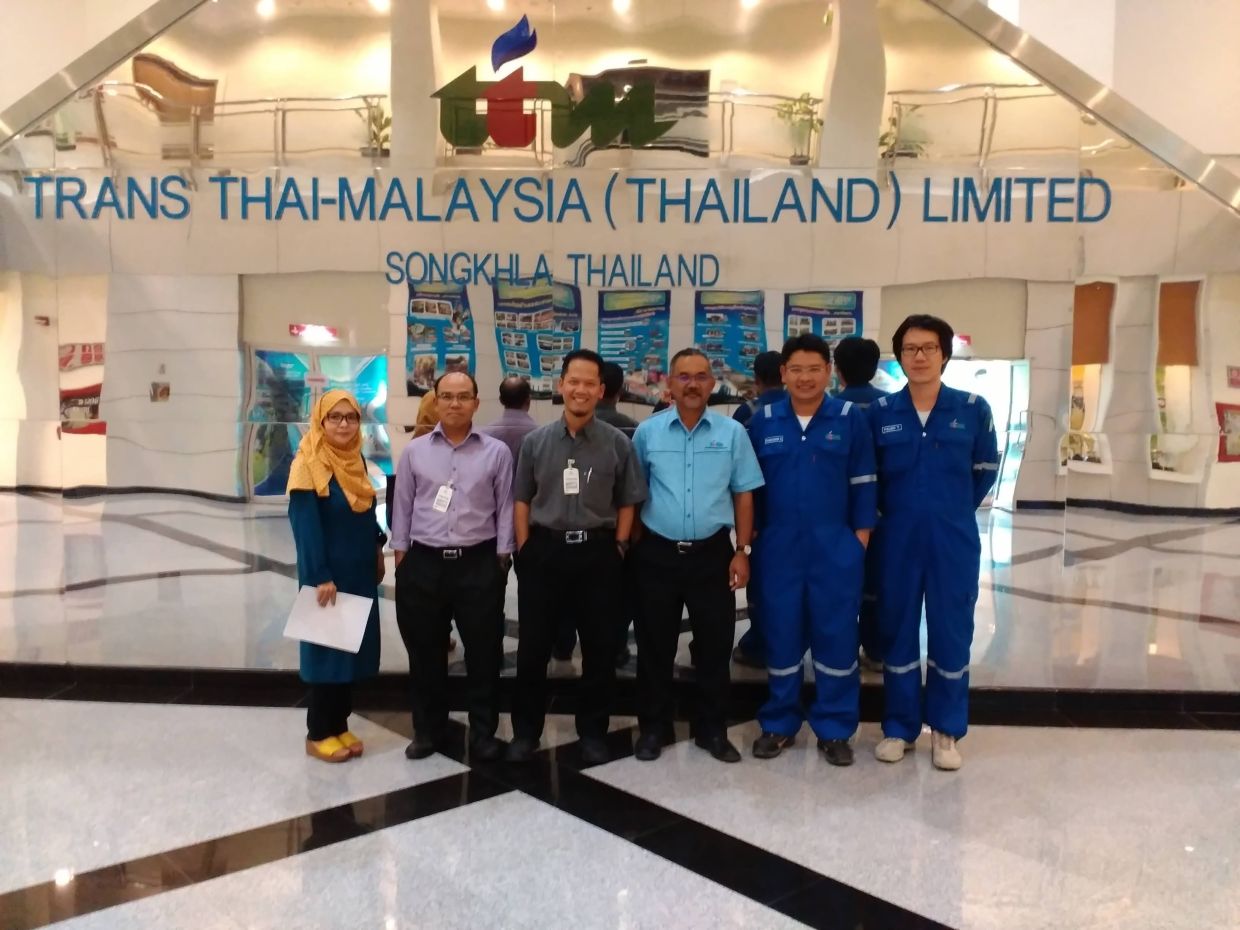Unfolding saga of operational excellence through reliability engineering
 IN the world of industry, reliability engineering plays a crucial role in ensuring consistent performance across machinery, processes, and technologies.
IN the world of industry, reliability engineering plays a crucial role in ensuring consistent performance across machinery, processes, and technologies.
At its core, a robust reliability engineering strategy aims to identify ways to operate and maintain an asset or system with maximum efficiency while upholding safety standards and without adversely impacting the organisation's bottomline.
A robust reliability engineering strategy is a balancing act between maintaining an optimal level of performance and safety, and minimising costs.
By reducing the frequency of corrective maintenance and focusing on proactive or predictive maintenance through the application of reliability engineering tools, resources are allocated more effectively, leading to improved operational efficiency.
Proactive maintenance with data analytics can uncover potential issues before they escalate, allowing for timely interventions that can prevent costly downtime and enhance overall productivity.
The essence of reliability engineering lies not just in preventing failures, but through a holistic approach reliability engineering studies looks at how and why failures happen, and from here it seeks to minimise their occurrence by redesigning systems and modules that can either tolerate or adapt to failures through system redundancies when the inevitable happens.
At Universiti Teknologi PETRONAS (UTP), this specialised discipline, which focuses on optimising and ensuring the dependability of systems and products throughout their lifecycle, has been applied to a variety of consultancy projects, mainly in the oil and gas industry and more recently in the transportation sector.
Reliability engineering tools comprising a harmonious integration of meticulous data analysis and modelling, relevant maintenance strategies, and insightful design principles, among others, are meticulously devised and applied to ensure uninterrupted operations.
These tools are versatile and can be applied to a variety of equipment, including rotating machinery such as pumps and gas turbines, static equipment like heat exchangers or pressure vessels or pipelines.
“A reliability engineering study uses data available from the sensors in particular equipment or within the plant to provide information on when the equipment is going to fail and the frequency of failure which allows the operator to plan its maintenance and secure a budget for the maintenance,” says Associate Prof Dr Ainul Akmar Mokhtar.
Dr Ainul, who heads the Centre for Reliability Engineering, Asset Management and Maintenance (CREAM), which is part of UTP’s Institute of Transport Infrastructure, says reliability engineering systems can be applied to any industry.
By integrating reliability engineering, businesses not only bolster their operational efficiency but also safeguard their assets, reduce downtimes, and ultimately enhance profitability. Using the example of past consulting projects in the oil and gas industry, Dr Ainul says operational excellence can be the result of reliability engineering as well as improvements to the processes.
UTP’s prowess in its reliability engineering consultancy services, she says, is founded in its strengths in the fundamentals.
“We always go back to the theory and what sets us apart is the fact that we spend the time with our clients, we do a deep dive to understand their pain points because a good reliability engineering study depends on having good data because sometimes it’s not a question of faulty equipment but also human error,” she says.
 The varsity’s close links to industry, particularly through its research and consultancy services, mean that researchers are well poised to understand the needs of prospective clients.
The varsity’s close links to industry, particularly through its research and consultancy services, mean that researchers are well poised to understand the needs of prospective clients.
UTP’s consultancy services are also holistic in that it also looks at whether maintenance strategies that are already in place are robust and sufficient.
“Using maintenance service data, we look at how long it takes for the equipment or plant to be up and running again; analysing the data to prioritise the equipment that is more prone to failure and from here look at the downtime and uptime data to measure the equipment’s reliability.
The company will have a strategy to ensure 100% availability through redundancy or a back-up equipment, so part of our services also includes the degree of redundancy needed and what’s the spare parts strategy required,” she says, adding that the goal for any reliability engineering study is to ensure that the plant operator is always aware of the current availability.
Apart from undertaking reliability engineering studies for its clients, UTP also offers training and coaching on reliability, availability and maintainability of assets. Over the years, clients include key regional and international players from the oil and gas, transportation and manufacturing sectors.
The reliability engineering solutions provided keep the organisation at the forefront of operational excellence - from ensuring trains run on time to lifts and escalators that are always available.
“For example, in the case of power plants, maintaining 100% availability is crucial, as anything less could result in power outages.
“So, reliability engineering here prioritises preventive maintenance and significant planned maintenance activities. And when you’re undertaking planned maintenance, you need to understand the behaviour of the asset, and that’s again where reliability engineering comes in,” she adds.
Reliability engineering is now recognised as a strategic investment that drives tangible benefits to the industry, particularly in reducing maintenance and operational costs over the life cycle of a system.
With a proactive focus on identifying potential failures before they occur, industries can avoid hefty costs associated with unexpected downtimes and reactive repairs.
By ensuring that systems and machinery operate consistently at their peak, reliability engineering directly boosts productivity, allowing industries to churn out more value with the same resources.
Safety, a paramount concern in any industry, is further fortified as the chances of catastrophic failures and incidents decrease.
Moreover, a dependable operation fosters customer trust and satisfaction, as clients and partners can rely on consistent performance and delivery schedules without surprises.
At a time when sustainability and environmental consciousness are paramount, reliability engineering has a vital role to play. Efficient and fail-safe operations mean less waste, lower energy consumption, and a decreased environmental impact.
Essentially, the incorporation of reliability engineering is more than a technical decision — it's a strategic initiative that propels industries toward heightened efficiency, safety, and sustainability.

